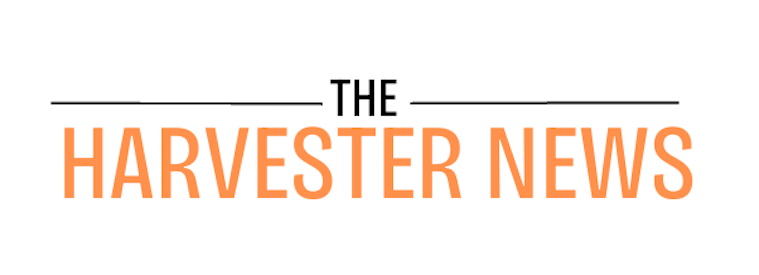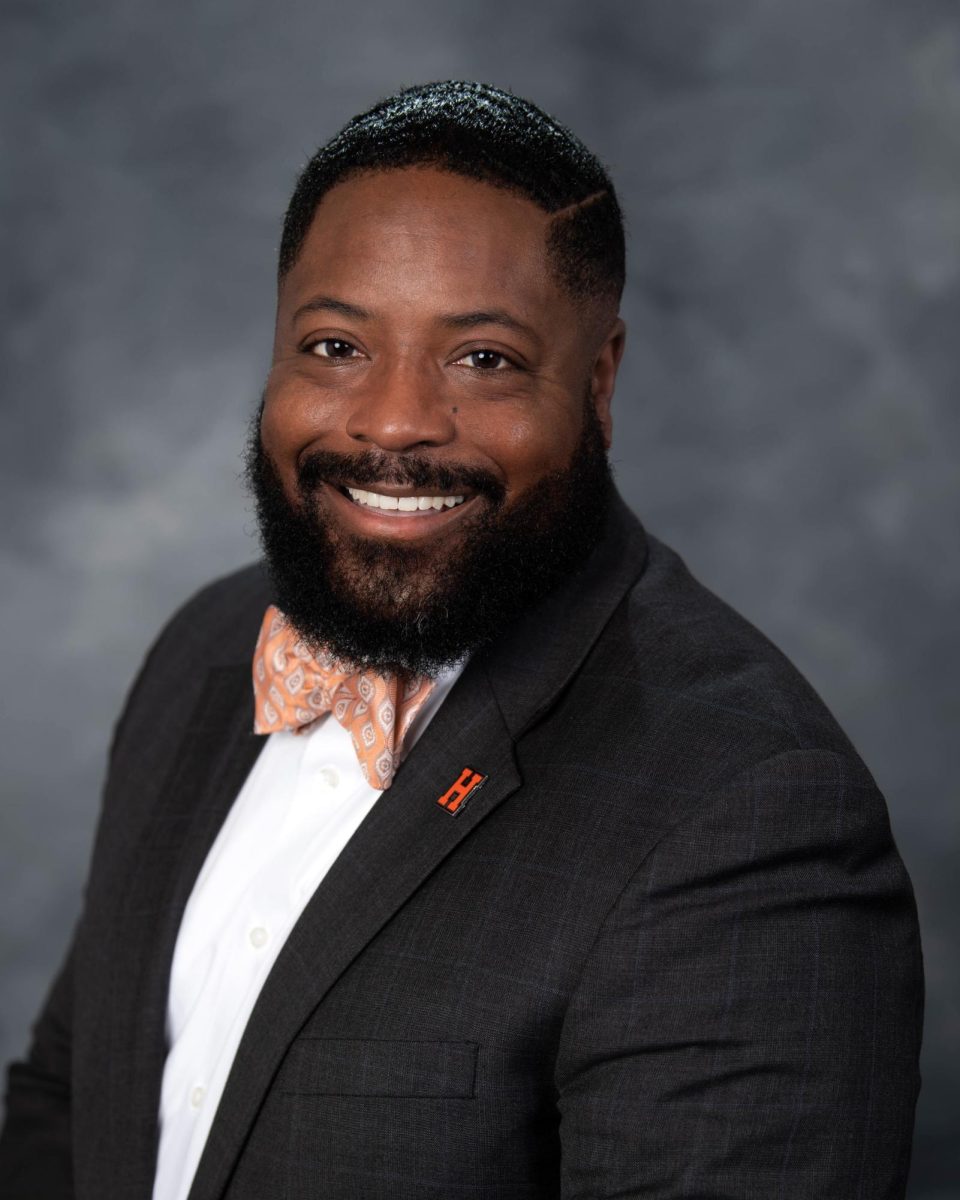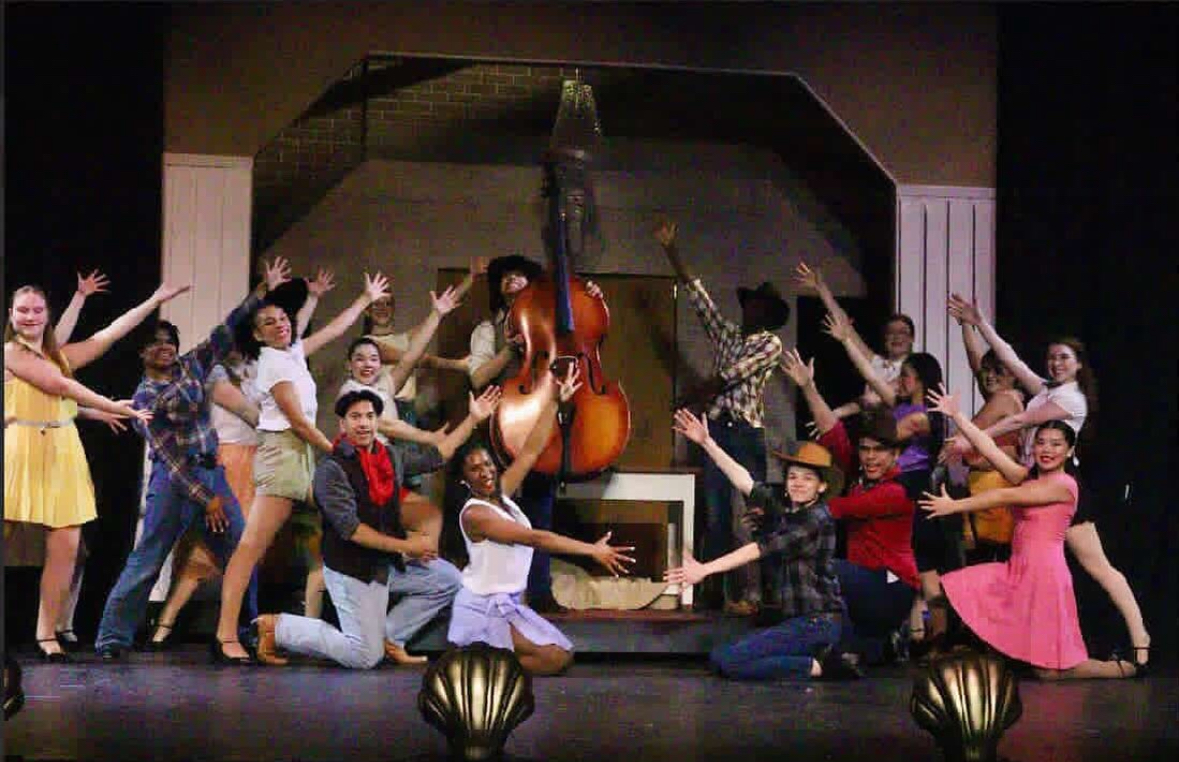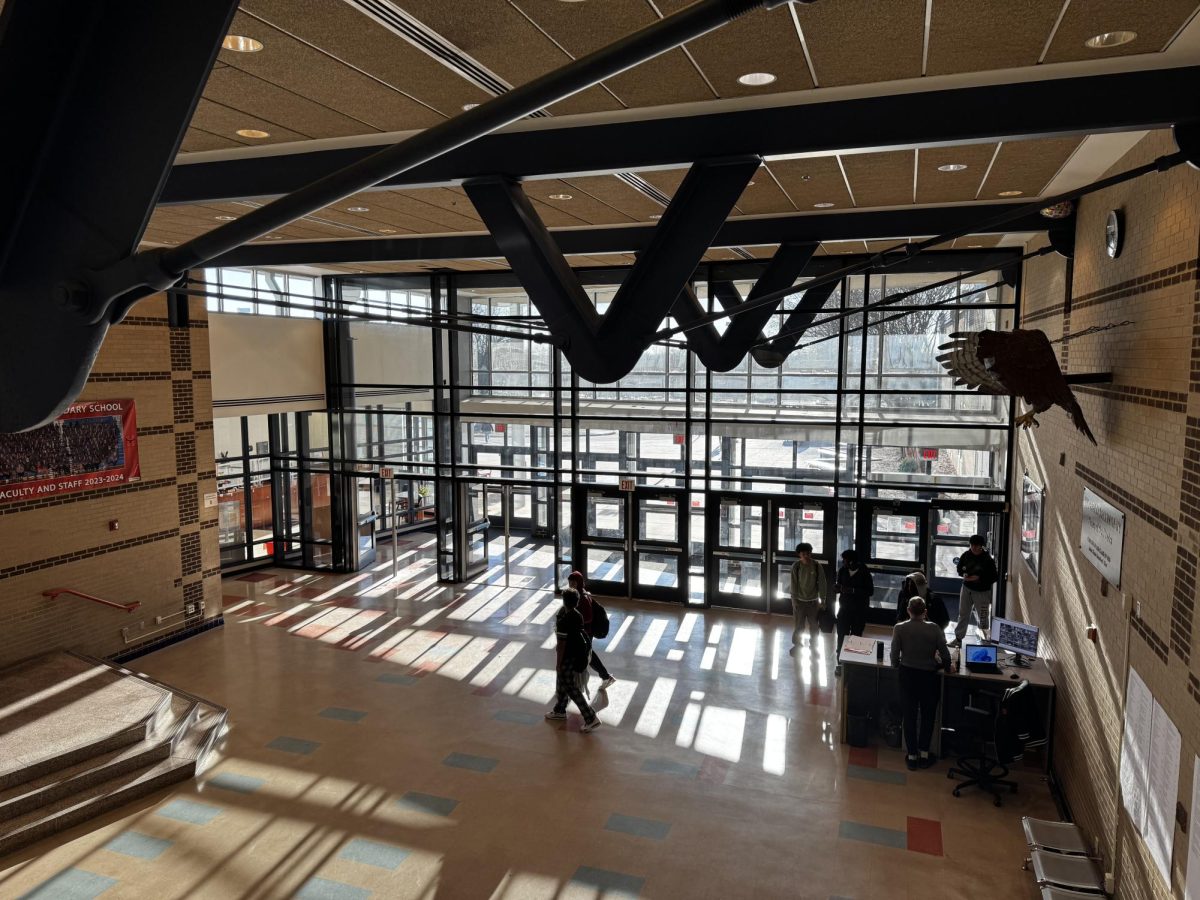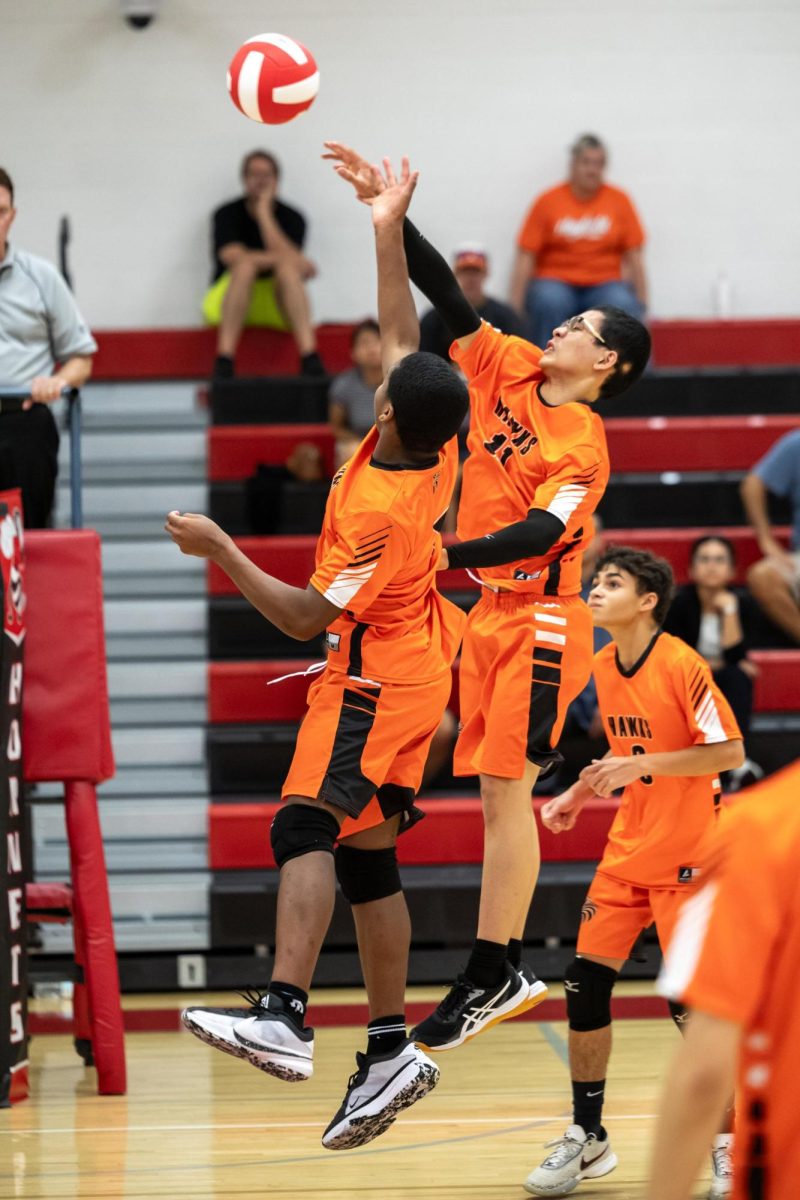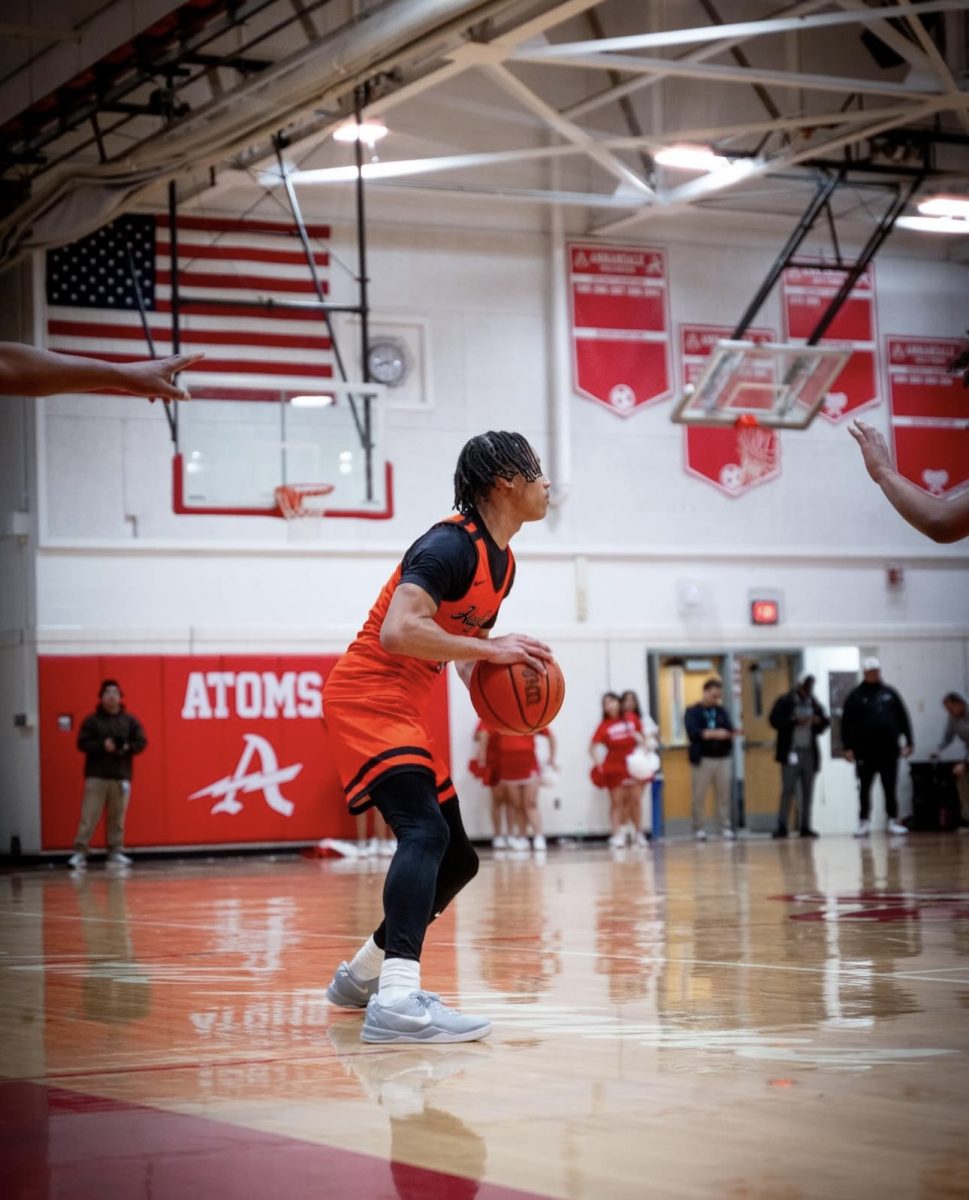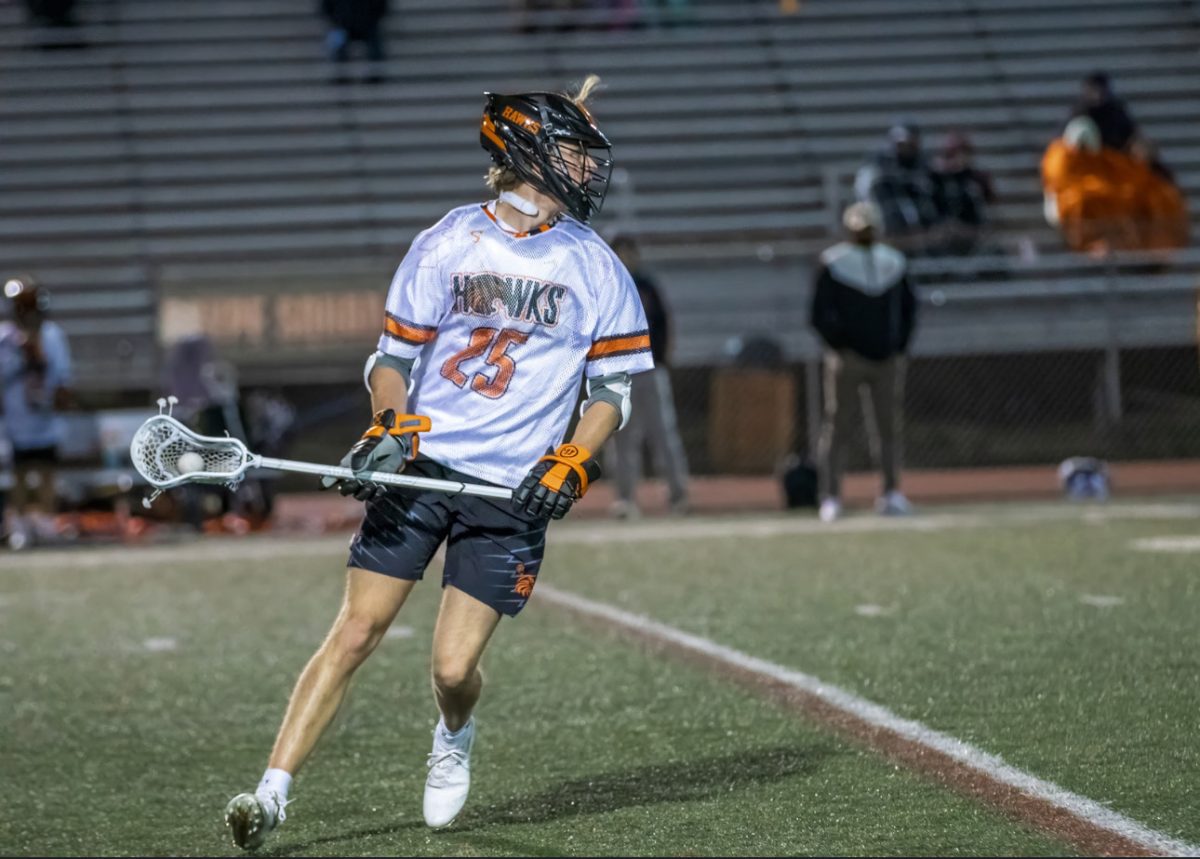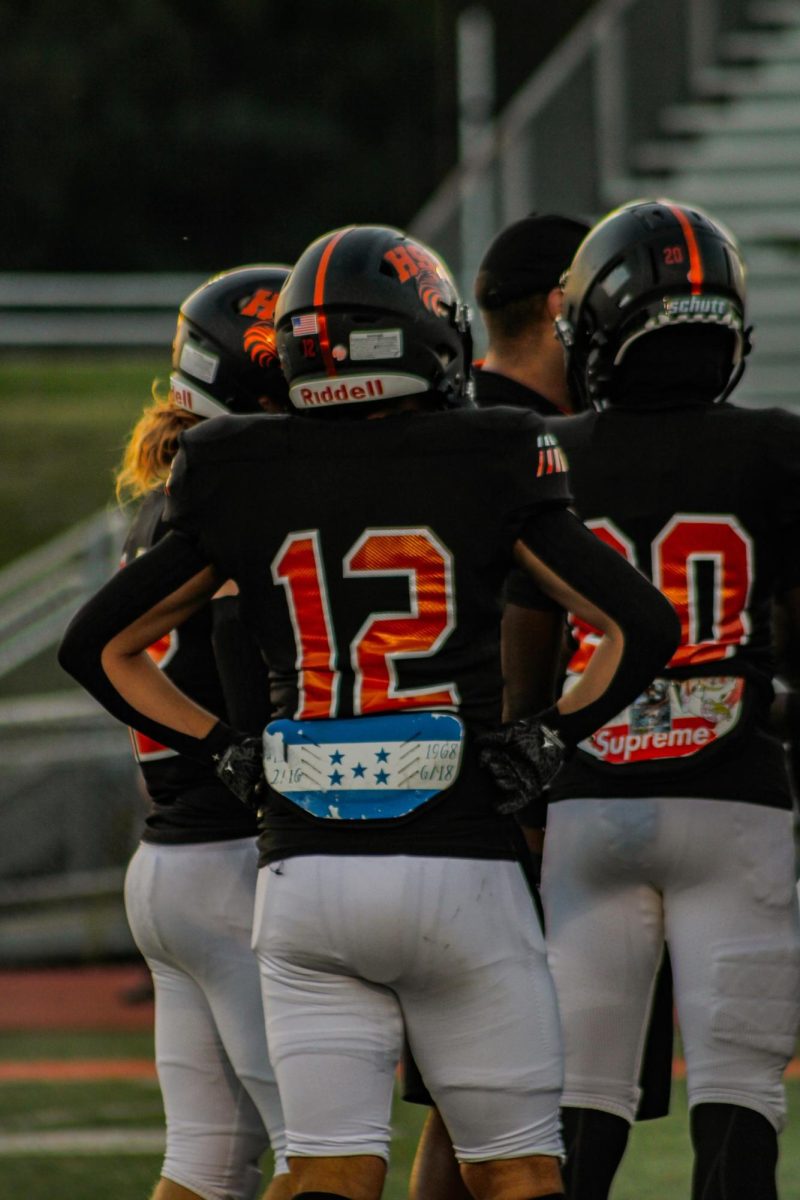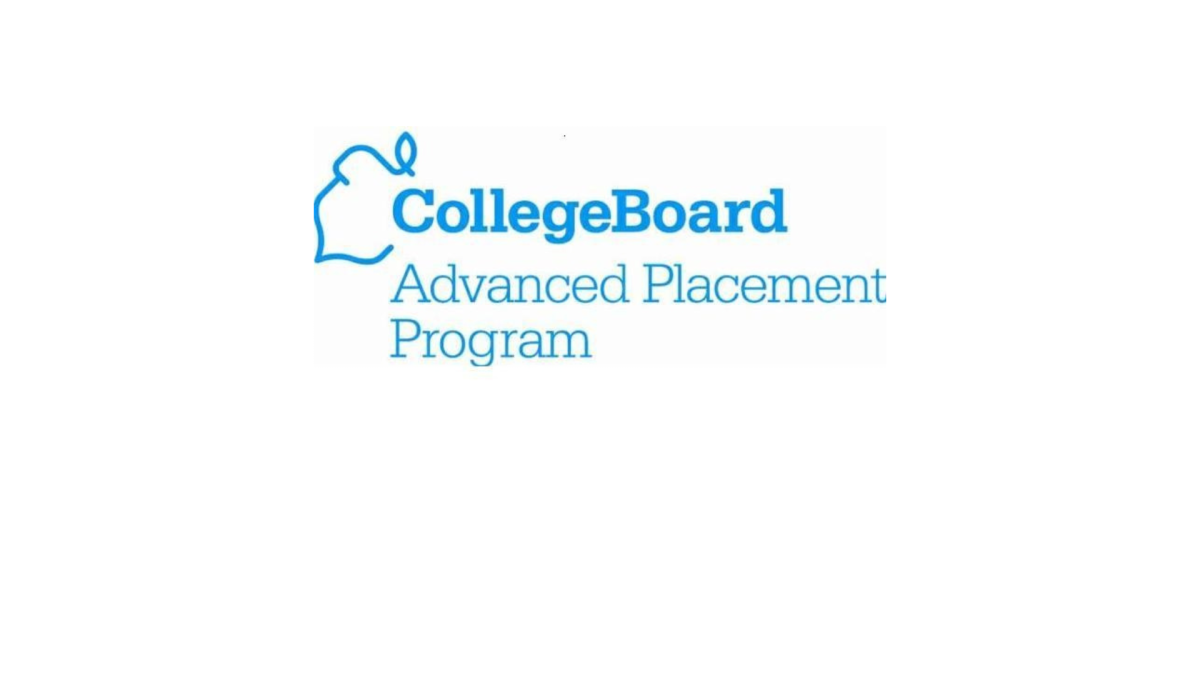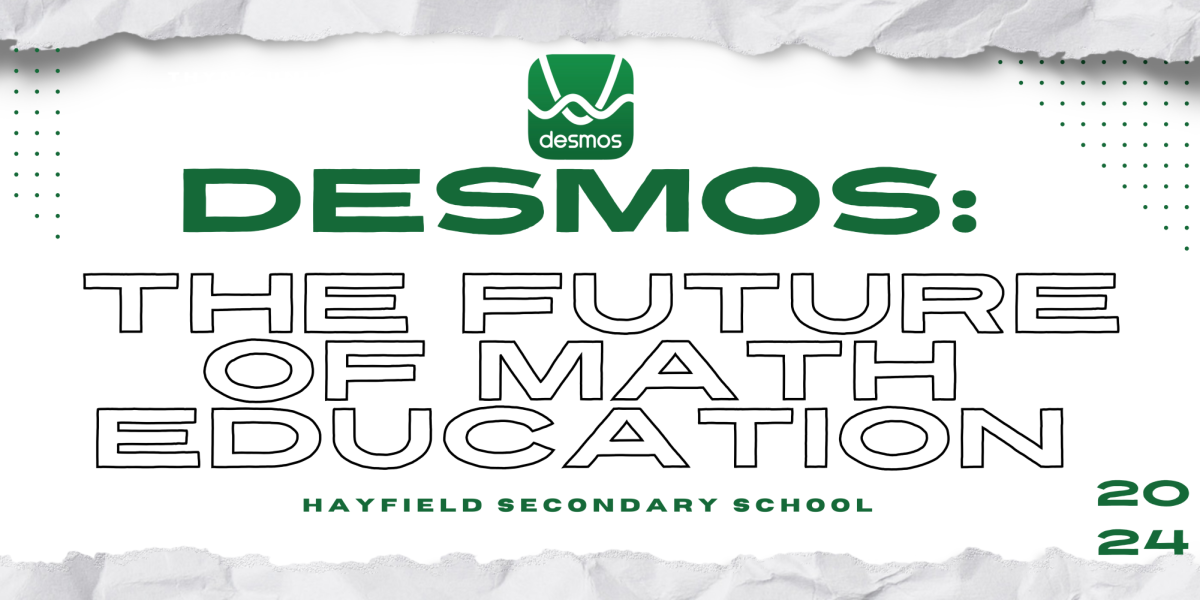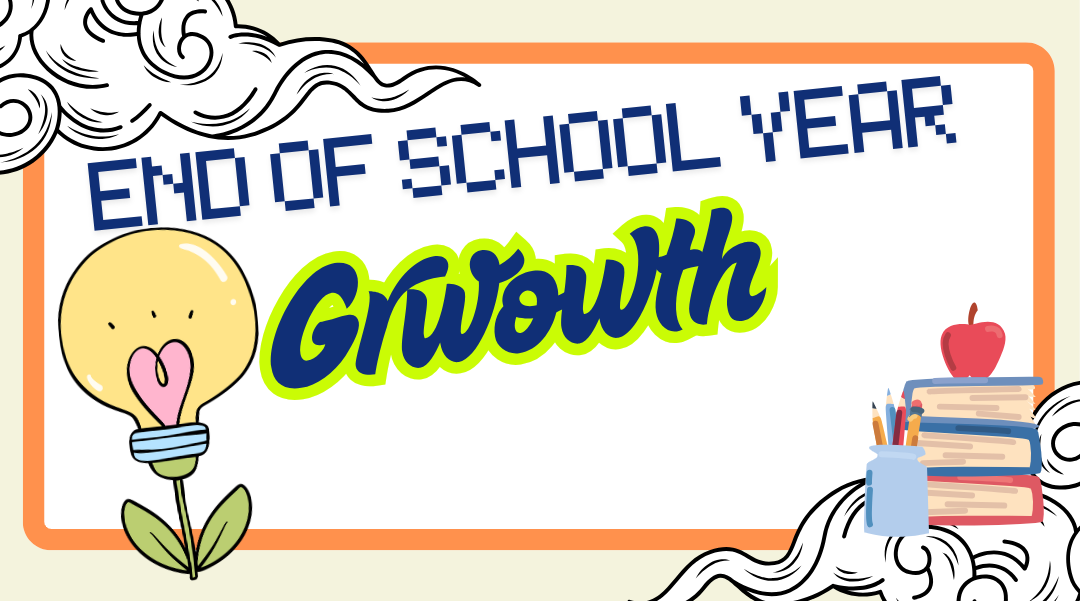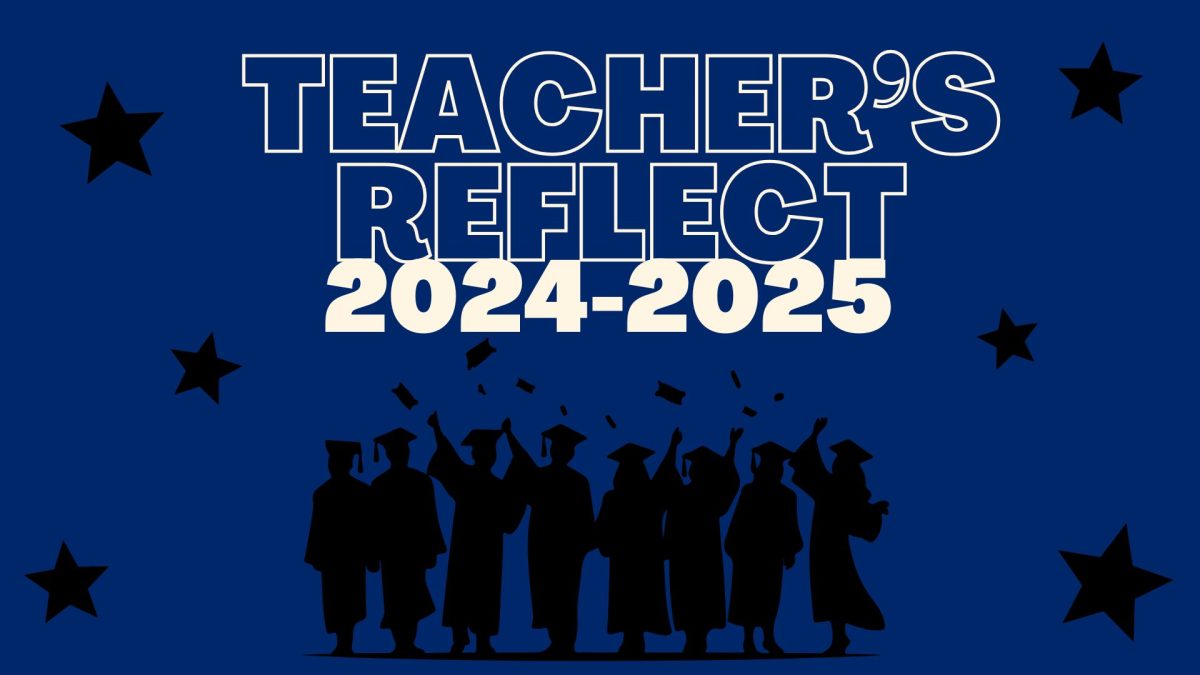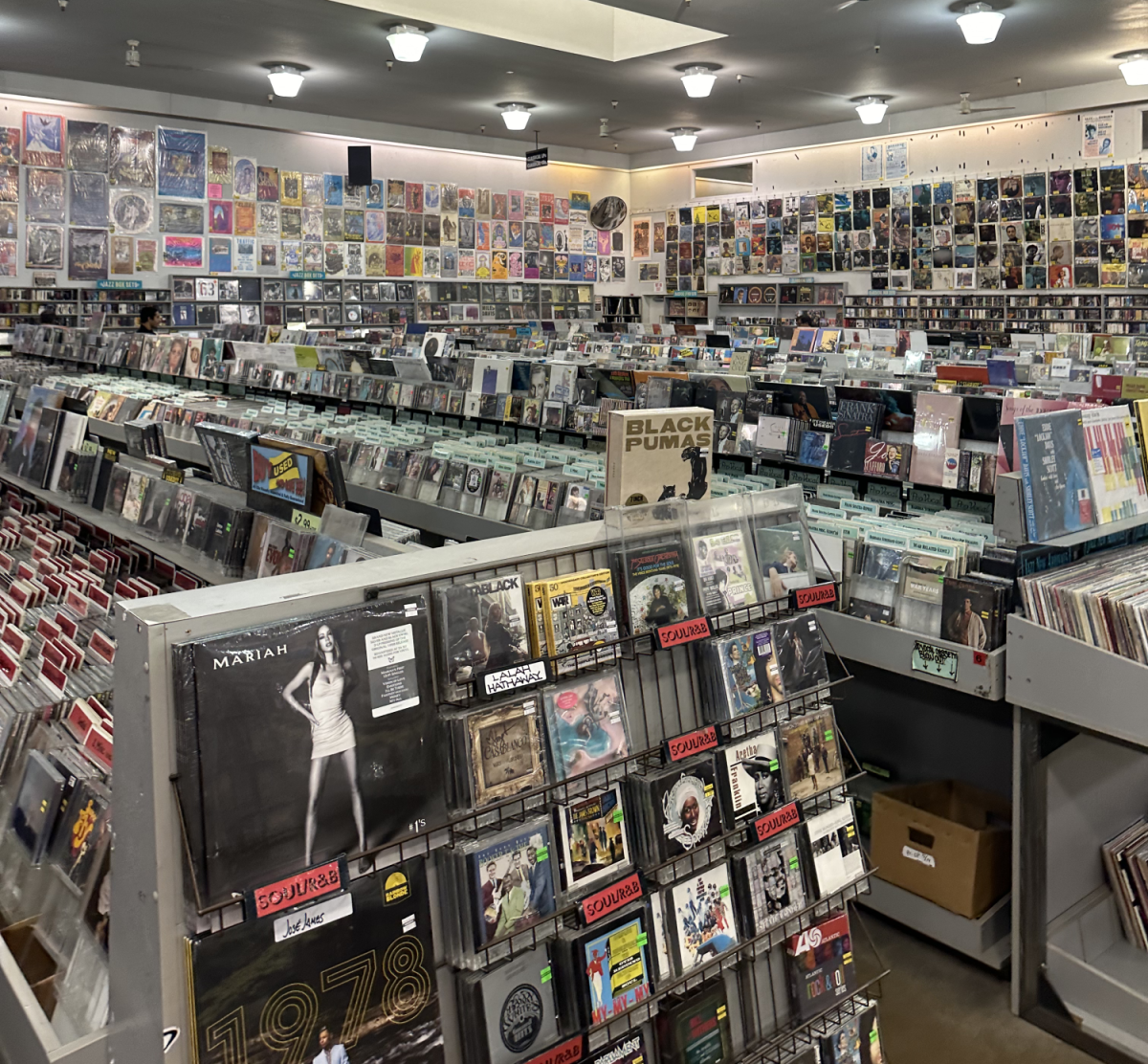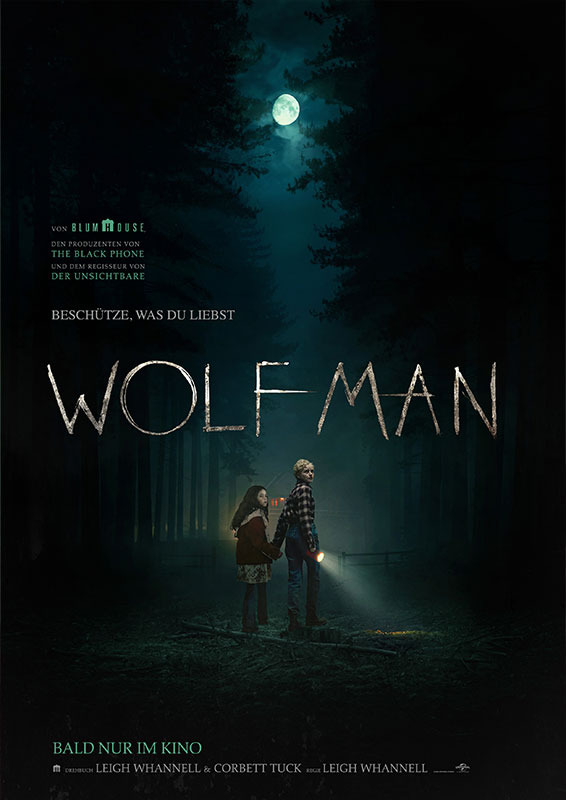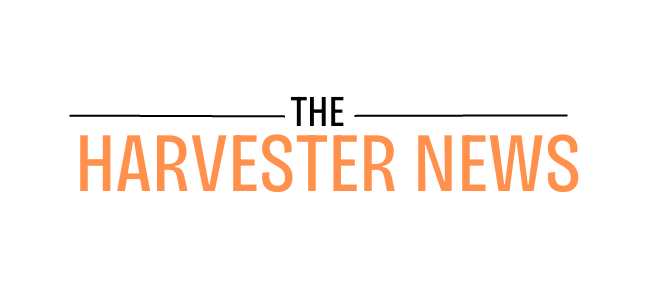With the 2024-2025 school year coming to a close, teachers were asked about their experiences, reflections, and thoughts on what made this school year meaningful.
From fun moments to lessons learned, here’s what some of our teachers had to say.
“My students always surprise me with how open they are to trying new things,” English teacher Sara Hannon said. “I also love being surprised by which projects and assignments they really get into, what books they connect with, what they go above and beyond on, and what they trust me with when sharing parts of their identity.”
Hannon recalls her favorite moments weren’t just about lessons taught, they were about lives impacted. One student, who had Hannon two years ago, recently came on his final day of senior year.
“He told me I was the most pivotal teacher in his high school career,” Hannon said. “And that I developed in him a love for writing and English. It was so heartfelt and not required of him. It meant everything to me.”
While some moments this school year felt slow, English teacher Kristine Long was surprised by just how quickly time passed.
“The year went by so fast, even though at times it felt like we were slogging through the second and third quarters,” Long said.
Long is already thinking ahead. As a teacher who continuously adapts her lessons, she’s planning to make room for more student voice and creativity next year.
“I continually refine my lesson plans,” Long explains. “Next year, I plan to incorporate more poetry into my English classes and add more individual projects in film study.”
As the school year closes, Long looks forward to a well deserved break filled with her favorite things.
“It’s been a crazy year, so I’m looking forward to the summer when I can read, garden, and bicycle!” Long said.
When asked what advice they would give students moving forward to the next grade or chapter of life, Jessica Minoglio emphasized growth over perfection.
“I would say to focus on being better than you were the year before,” Minoglio said. “We all make mistakes or fall short sometimes, so just constantly work towards improvement.”
The school year, though, did not come without its struggles. One of the most pressing issues, Minoglio explained, was student apathy.
“Those students who were in my classroom physically, but not mentally, challenged me this year,”. Minoglio said. “It makes it hard to get excited about my lessons when my students aren’t willing to go through the journey with me.”
“Additionally, the unethical widespread use of AI presented a unique challenge when it came time to grade student work” Minoglio said. “Rampant AI use made my job challenging as it doubled the amount of time it normally takes to grade student writing.”
Despite the hurdles, Minoglio ended on a hopeful note, expressing enthusiasm for what’s to come.
“Let’s all just enjoy the summer and look forward to starting fresh with the 25-26 school year!” Minoglio said.
When asked about a moment from this year that reminded them about why they became a teacher, Chase Lanzendorf expresses the connections at the core of his teaching.
“Around January I had been experiencing some really bad cluster headaches which forced me to be out of school a lot more than usual,” Lanzendorf said. “Between headaches that I couldn’t get over, loss of sleep, and doctor appointments, I was absent from a few classes in a row.”
But during that time away, his students reminded him that the classroom connection goes beyond academics.
“I received some really sweet messages from my students checking in. They just wanted to know that I was okay and that they missed me,” Lanzendorf said. “These messages meant so much to me during a time I was really struggling. It reminded me that you get back what you put in.”
For Lanzendorf, the emotional support was a reflection of the environment he worked to create, one where students feel both seen, valued, and cared for.
“I care deeply for my students, and I try my best to make them aware that they always have support in me,” Lanzendorf said. “Besides the educational aspect of teaching, it’s the connections that are most important to me.”
In the classroom, he recalls one lesson that stood out this year for both its creativity and real world relevance, the Tragedy of the Commons.
“All of the students are in groups representing their own families. They have to fish for food each year to survive, and anything extra they catch can be sold for profit. But the catch is, if they take too much, the lake can’t repopulate, and everyone ends up starving,” Lanzendorf explained.
As the year wraps up, Lanzendorf had a heartfelt message for his students, especially those preparing to step into young adulthood.
“Student’s that are graduating are going into a lot of uncertainty and will experience more change than anyone can predict. I just hope they understand that being a nice and caring person will take them far and open many doors.”
His final reminder was of both responsibility and action.
“It’s important to do your part in creating the world you want to be a part of. You can’t just wait and let someone else do it for you,” Lanzendorf said.
